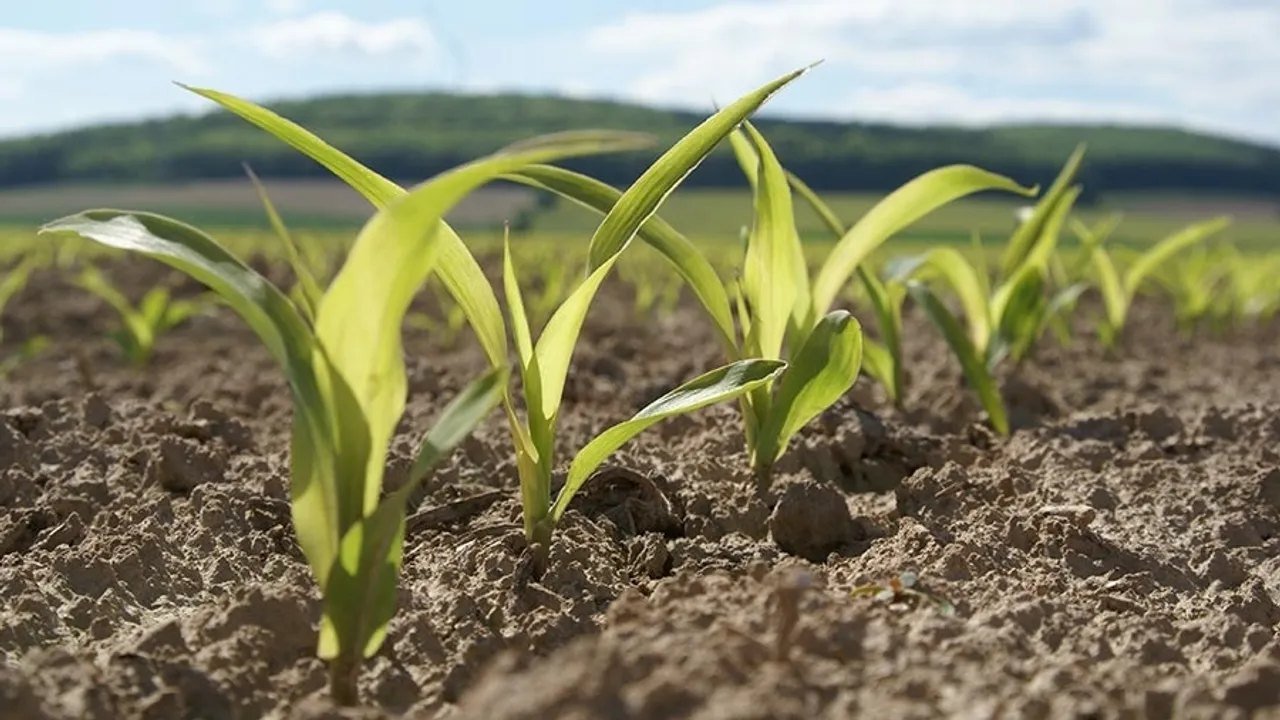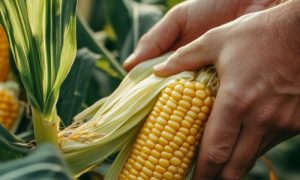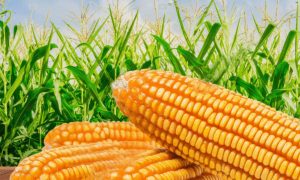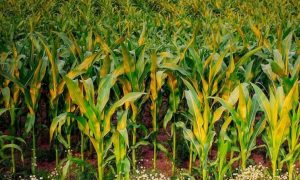The Impact of Climate Change on Agriculture

Climate change impacts agriculture by raising temperatures, reducing crop yields, and altering rainfall patterns. This threatens food security, especially in developing countries. Warmer temperatures foster pests and diseases, while sustainable practices and technology, like precision agriculture, can help. To mitigate losses, policymakers must prioritize sustainable farming and innovative solutions to adapt to a changing climate.
Climate change is having a big effect on farming around the world, influencing how we grow food and affecting food security. Here’s a simple look at how climate change impacts agriculture. Climate change refers to the rise in Earth’s average temperature due to human activities, like burning fossil fuels. Since the late 1800s, global temperatures have increased by about 1.1 degrees Celsius. If this continues, we could see an increase of 1.5 degrees Celsius by 2030. Temperature Rises Higher that can harm crops. For example, a 1-degree Celsius increase can reduce wheat yields by up to 6% and maize yields by 7.4%. This could lead to food shortages, especially in poorer countries. Changes in rainfall patterns can result in either too little or too much water for crops. In Sub-Saharan Africa, some studies suggest crop yields could drop by 10-20% by 2050 due to unpredictable rainfall. Pests and Diseases Warmer temperatures allow pests and diseases to spread more easily. The fall armyworm, which damages maize, has expanded its range across Africa, making it harder for farmers to grow food. Developing new crop types that can withstand droughts or floods is crucial. Genetically modified crops, like Bt cotton, are being used to resist pests. Sustainable Practices techniques like conservation tillage and cover cropping help improve soil health and reduce erosion. Cover crops can also help retain moisture in the soil. Using Technology precision agriculture uses technology to make farming more efficient. Tools like drones and soil sensors provide farmers with real-time information to help them make better decisions. Climate change could cost global agriculture around $1.6 trillion by 2030. Developing countries, especially smallholder farmers, will likely face the greatest losses. Climate change is a major challenge for agriculture and food security. By using innovative practices and technology, the farming sector can adapt to these changes. Policymakers must focus on sustainable farming to ensure that we can produce enough food in a changing climate. By combining scientific research, local knowledge, and cooperation, we can work toward a more sustainable future for agriculture.
To read more about the news about the Maize News continue reading Agriinsite.com
Source Link : https://www.dailyparliamenttimes.com/2024/11/06/the-impact-of-climate-change-on-agriculture/

















